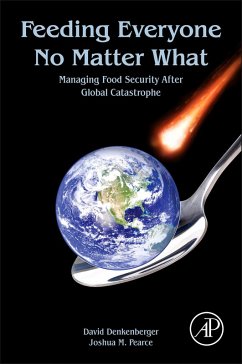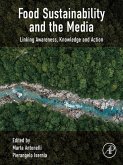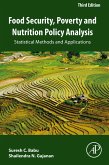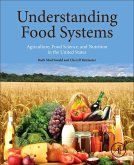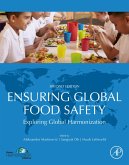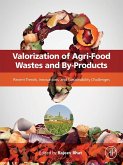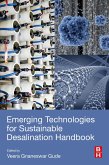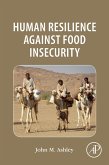The primary historic solution developed over the last several decades is increased food storage. However, storing up enough food to feed everyone would take a significant amount of time and would increase the price of food, killing additional people due to inadequate global access to affordable food. Humanity is far from doomed, however, in these situations - there are solutions.
This book provides an order of magnitude technical analysis comparing caloric requirements of all humans for five years with conversion of existing vegetation and fossil fuels to edible food. It presents mechanisms for global-scale conversion including: natural gas-digesting bacteria, extracting food from leaves, and conversion of fiber by enzymes, mushroom or bacteria growth, or a two-step process involving partial decomposition of fiber by fungi and/or bacteria and feeding them to animals such as beetles, ruminants (cows, deer, etc), rats and chickens. It includes an analysis to determine the ramp rates for each option and the results show that careful planning and global cooperation could ensure the bulk of humanity and biodiversity could be maintained in even in the most extreme circumstances.
- Summarizes the severity and probabilities of global catastrophe scenarios, which could lead to a complete loss of agricultural production
- More than 10 detailed mechanisms for global-scale solutions to the food crisis and their evaluation to test their viability
- Detailed roadmap for future R&D for human survival after global catastrophe
Dieser Download kann aus rechtlichen Gründen nur mit Rechnungsadresse in A, B, BG, CY, CZ, D, DK, EW, E, FIN, F, GR, HR, H, IRL, I, LT, L, LR, M, NL, PL, P, R, S, SLO, SK ausgeliefert werden.

